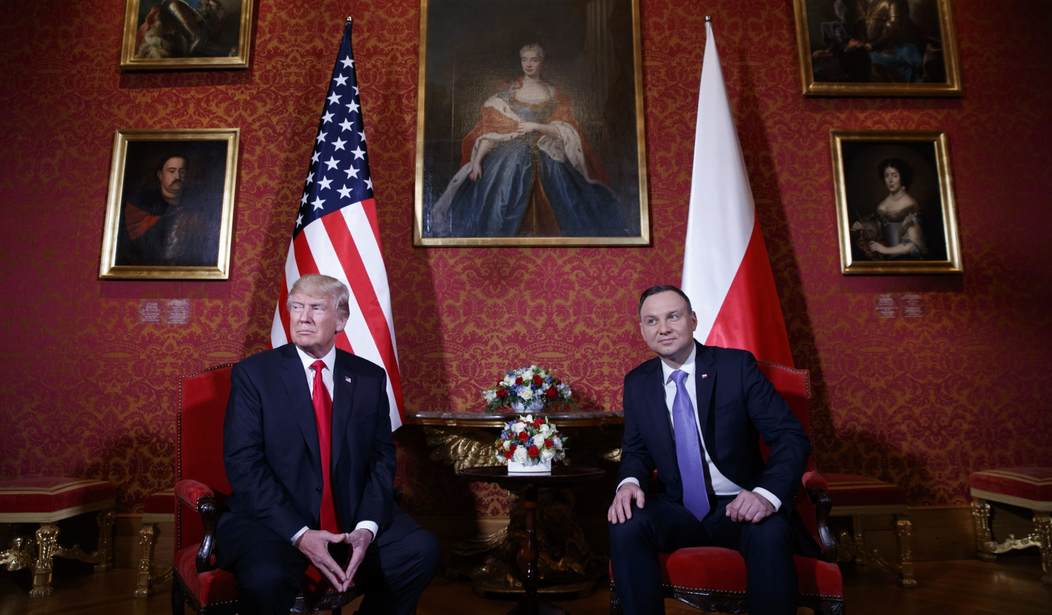I review my friend Yoram Hazony’s book The Virtue of Nationalism (Basic Books, 2018) today at Tablet Magazine. The Old Nationalism too frequently was a parody of the original nationalism, namely the nationalism of the Jewish kingdom, the first real nation. Sometimes the parody was Satanic. The New Nationalism looks to the revived State of Israel as a paragon and exemplar. It opens the possibility of restoring a sense of the sacred to politics. Below is an extract from the review. Read the whole essay here. I take issue with some part of Yoram’s presentation, but he has made an important contribution to a critical discussion.
Nationalism got a bad name after the First World War, and a worse one after the Second. Yoram Hazony now offers a defense of the concept consistent with the nationalist revival that began with Brexit and the election of Donald Trump, and the time is ripe for his book, The Virtue of Nationalism. After the fall of Communism, the conventional wisdom held that the liberal model would triumph around the world. The War on Terror presumed that nation-building through representative democracy would transform the unruly tribal states of the Muslim world into modern nations. The catastrophic failure of the liberal program opens the way for a new kind of political thinking, and Hazony offers a timely contribution to the debate.
Liberal political theory begins and ends with the enlightened self-interest of individuals, but that has poor explanatory power, as Hazony observes:
Many political theories assume that political events are motivated by the individual’s concern for his own life and property. … But human individuals are also capable of regarding the aims and interest of a collective or institution of which they are members as their own, and of acting upon these aims and interests even where such action will be detrimental to their lives and property.
Under extreme conditions, nations may destroy themselves, or fight until their manpower is close to exhaustion. That explains why so many wars end after a 30-percent attrition of the military-age population. Conversely, nations that feel themselves defeated or bereft of prospects simply die out through infertility. The historical norm is not liberal democracy; the norm, rather, is extinction, as I argued in my 2011 book, How Civilizations Die….
Humankind cannot bear mortality without the hope of immortality. The hope of immortality is founded on a sense of the sacred. The history of the world is the history of mankind’s search for immortality. When the nations of the world see their demise not as a distant prospect over the horizon, but as a foreseeable outcome, they perish of despair.
The restoration of the actual, physical Israel, the nation-state of the Jewish people, should be a sign of hope for all the nations. Israel’s mission is to be a light unto the nations (Isaiah 49:6), an “ exemplar and paragon” (Rosenzweig) that incorporates the sacred—the eternal—into the quotidian life of a people. The nations of Europe will rise up from the valley of dry bones when they are able to grasp what is sacred in their own character, and encourage the efforts of their neighbors to do the same.
There never has been nationalism that was not in some way an emulation of Israel, even as a satanic parody. And the New Nationalism looks explicitly to Israel as a portent of revival.










Join the conversation as a VIP Member